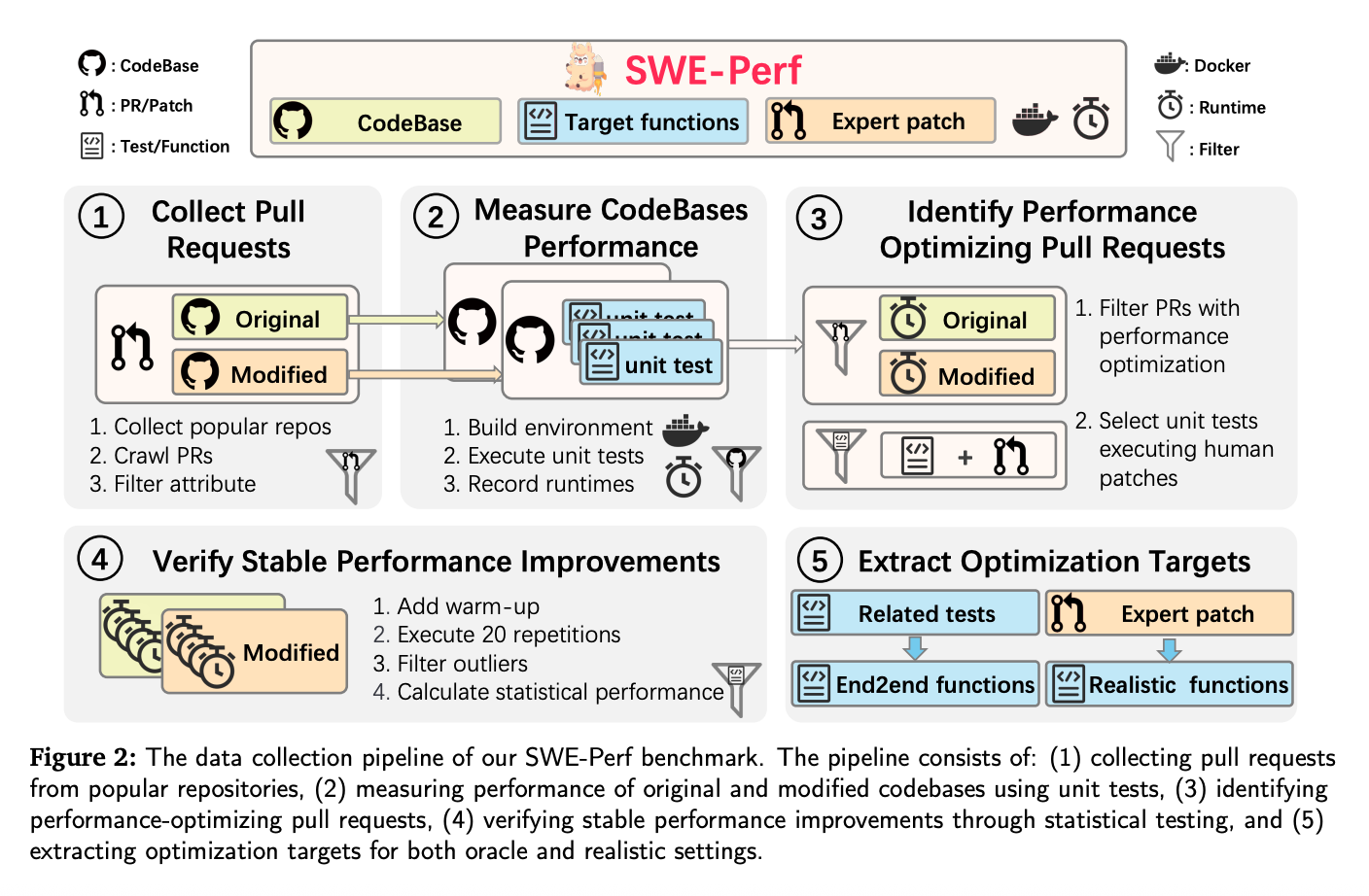In a candid conversation on entrepreneur Raj Shamani’s YouTube podcast, Indian cricketer Yuzvendra Chahal opened up for the first time about the emotional turmoil he experienced after his highly public divorce from actor and content creator Dhanashree Verma.
Chahal reflected on the intense mental health challenges he faced: “After the divorce happened, it occurred to me that people think I’m a cheater. And I have never cheated in my life. I am not that person. You won’t find someone more loyal than me. I always think from my heart for my loved ones. I have two sisters—I’ve seen how girls should be respected. That’s what my family taught me.”
The months that followed were particularly dark. “Four-five months had passed, I was in depression, I got anxiety attacks. My close ones saw it with their own eyes. I don’t need sympathy. I had a problem, and sociopathic thoughts arose in my mind. My mind had just stopped working after seeing all this in the media,” he shared.
Chahal also criticised social media for amplifying false narratives and dragging his name through public scrutiny. “I know my close friends, and they know I’ve never done something like that. So why should I go and prove myself to others? When the people who truly matter don’t care about these rumours, why should I?”
How divorce impacts mental health
Muskan Marwah, clinical psychologist at Mpower, Aditya Birla Education Trust, said divorce is one of the most emotionally disruptive life events a person can go through. “It doesn’t just mark the end of a marriage, it brings emotional stress, major lifestyle changes, and often a prolonged adjustment phase. While some may feel relief, many others face lasting emotional and mental health impacts,” she said.
Marwah also said that in the long run, divorce can trigger a profound sense of loss –– not only of the partner but also of the shared dreams, routines, and identities that were built together. “This emotional pain often surfaces as sadness, guilt, anxiety, anger, or even numbness,” she said. If unresolved, these feelings may evolve into chronic stress, depression, or low self-esteem.
According to Dr Jyoti Kapoor, founder-director and senior psychiatrist, Manasthali, here are some strategies to navigate coping with your divorce:
Story continues below this ad
Allow yourself to grieve
Acknowledge that divorce is not just the dissolution of a legal union but a loss that warrants mourning. It is perfectly normal to experience a rollercoaster of emotions — from profound sadness to flashes of anger or even unexpected relief. Allow yourself the space and time to grieve the end of your relationship.
 Yuzvendra Chahal and Dhanashree (Source: Instagram/@dhanashree9)
Yuzvendra Chahal and Dhanashree (Source: Instagram/@dhanashree9)
Seek support
Reach out to a support network composed of friends, family, or a compassionate therapist. Sharing your thoughts and feelings with someone you trust can provide solace, understanding, and a fresh perspective on your situation.
Focus on self-care
Prioritise your well-being –– physical and emotional. Divorce can be emotionally taxing, and taking care of yourself becomes paramount. Ensure you get adequate rest, nourish your body with healthy food, and engage in activities that bring you joy. Cultivating self-care habits can be a crucial lifeline during times of upheaval.
Realistic expectations
Understand that healing is a gradual process that unfolds over time. It’s essential to set realistic expectations for yourself, acknowledging that there will be both good and challenging days. Grant yourself the grace to navigate this journey at your own pace.
Story continues below this ad
Create a new routine
Establishing a new routine tailored to your current circumstances can instil a sense of stability and control amidst the chaos of change. Routine provides a scaffolding upon which you can rebuild a semblance of normalcy.
Reconnect with hobbies and interests
Rediscover the passions and pastimes that once brought you happiness and fulfilment. Engaging in these activities not only provides a therapeutic outlet but also aids in rebuilding a sense of identity independent of the marital context.
Focus on the future
While acknowledging the past is crucial, redirect your gaze towards the future. Chart out new personal and professional goals and gradually work towards them. Shifting your focus to the possibilities that lie ahead can be a powerful catalyst for personal growth and renewal.




